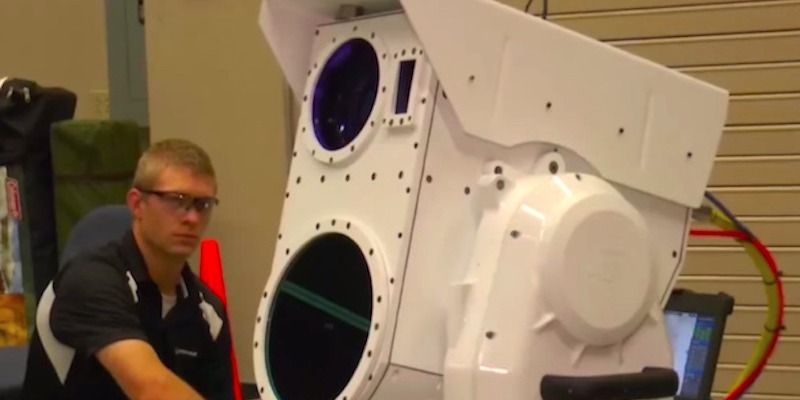MIRI is a research nonprofit specializing in a poorly-explored set of problems in theoretical computer science. GiveDirectly is a cash transfer service that gives money to poor households in East Africa. What kind of conference would bring together representatives from such disparate organizations — alongside policy analysts, philanthropists, philosophers, and many more?
Effective Altruism Global, which is beginning its Oxford session in a few hours, is that kind of conference. Effective altruism (EA) is a diverse community of do-gooders with a common interest in bringing the tools of science to bear on the world’s biggest problems. EA organizations like GiveDirectly, the Centre for Effective Altruism, and the charity evaluator GiveWell have made a big splash by calling for new standards of transparency and humanitarian impact in the nonprofit sector.
What is MIRI’s connection to effective altruism? In what sense is safety research in artificial intelligence “altruism,” and why do we assign a high probability to this being a critically important area of computer science in the coming decades? I’ll give quick answers to each of those questions below.
















